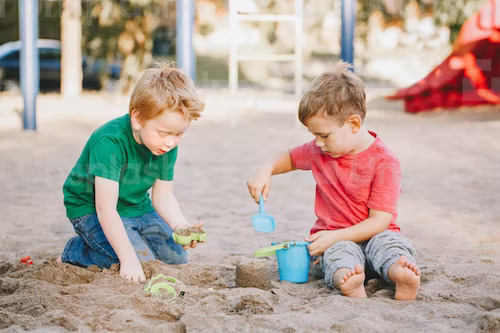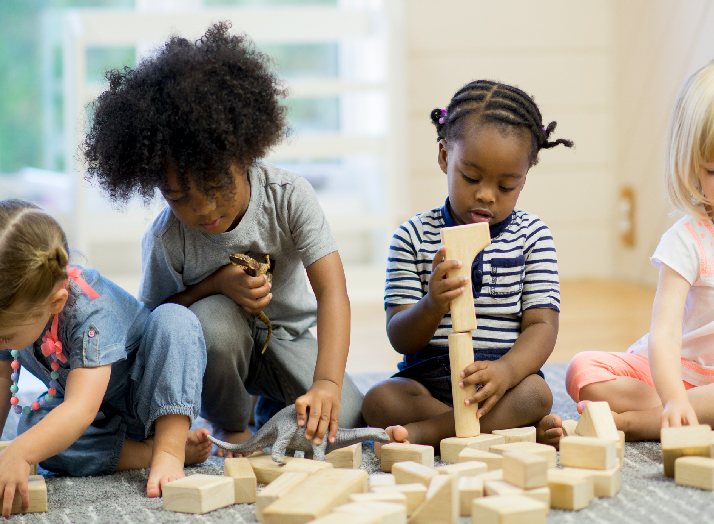
Where do children develop their social skills? This is a question you may not have deeply considered before. There seems to be a common misconception that schools are responsible for this development and that is simply not true. Social skills are established and developed at home with parents or caregivers within the child’s first few years of life. Schools should be used as a place to practice the skills that had previously been developed at home.
For hands on support applying Greenspan Floortime, please contact Jake Greenspan, jake@thefloortimecenter.com.
For online Greenspan Floortime resources, courses, and training, please go to https://stanleygreenspan.com/

